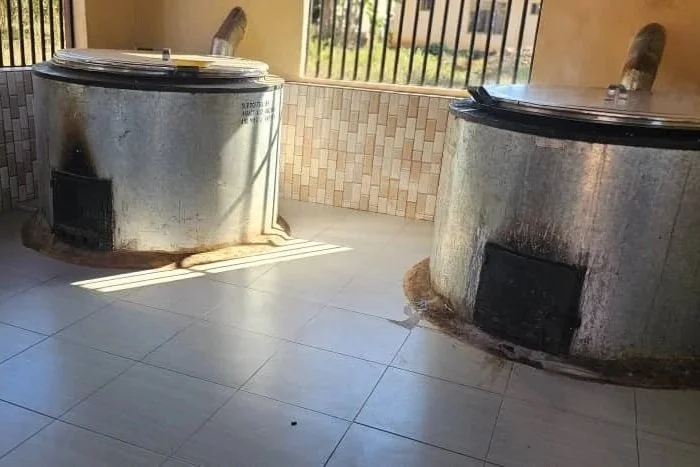Sustainable Livelihoods
No one can take knowledge away from you. Change is the end result of all true learning.
For rural communities in Tanzania, a "sustainable livelihood" means having the know-how, assets and opportunities to generate income and resources in a way that can withstand stresses and shocks, such as climate change or economic downturns, without depleting natural resources or undermining opportunities for future generations.
The Challenges
The traditional life style of rural living are under pressure from population growth, pressures on the land to produce more, changes in weather patterns, conflict between farming practices, and the change in the need for economic viability, greater social capital and access financial resources. This is often broken down in to 5 interconnected types of capital - natural, physical, human, social and financial capital.
When these are out of kilter a householders resilience levels are impacted for the worse, potentially impacting their self-reliance and their long term ability to produce what is needed. This may require a shift in behaviour but householders may lack access to the training and resources to adapt.
Our Strategy
We recognise that all development must be people focused and guided by the people it aims to serve, respecting their choices and empowering them to find their own solutions. We also recognise that the Regional, District, Town and Village officials have the will to supported rural households even if they lack the resources to effectively do so.
Our strategy is to include all stakeholders in the discussions and research that will help guide potential solutions, and to then provide access to specialist know-how, financial support and support networks that can mentor householders as they become their own agents of change.
Our Programmes
Farming For Regeneration
This is a multistakeholder project with SJS Organics providing the specialist knowledge and training as one-acre style demonstration farm is established on land provided by the ChemChem community. Training provided to develop the skills and condience of 5 lead ChemChem farmers, 2 ward agricultural offices and 2 Impact Lead staff. The lead farmers will practice their new know-how undersupervsion and then replicate at their own farmers, with on-going mentoring. This 18 month pilot will form the basis of a roll out across 4 communities in 2027 and beyond
Trees for Life
This project is a partnership between the Ward agricultural and forestry teams, specialist tree and grass nursey NGO, Impact Lead Tanzania, us and the community. The nursery will grow the trees and grasses needed in 2026-27 when the community will recieve training on the benefits of contour farming and the need for trees and grasses to manage the contours. Improved soil and water retention, combined with fruit for home or sale and grasses for livestock.
Fuel Efficiency
This project is under development and is looking at a two pronged approach. To make domestic and institution cooker more fuel efficient and seek alternative energy uses such as solar, to reduce reliance on 3rd party providers.
Food Security
This is a multifaceted area where we are working with farmers to improve their food security through diversification to reduce the levels of mono-cultivation. We are also introducing drought tolerant Malinde bananas to areas that have previously struggled to grown bananas. Poultry Management has also been part of this programme, helping women to establish and manage chicken flocks to increase their income whilst also providing eggs to improve household diet. We have also trained hundreds of farmers on how to successfully grow tomatoes at scale, whilst intorducing them to markets beyond Babati.









